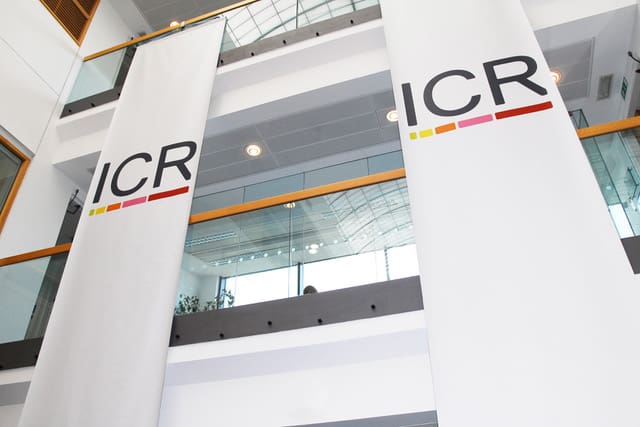
The Institute of Cancer Research (ICR) has called for further discussions between AstraZeneca (AZ), NHS England and the National Institute for Health and Care Excellence (NICE) following the decision not to recommend olaparib for women with early-stage, high-risk, inherited breast cancer.
Olaparib – a drug developed through UK-led and funded science – has been shown to cut the risk of cancer recurrence and improve survival rates when added to standard treatment for patients diagnosed with high-risk early-stage breast cancer who have inherited faults in their BRCA1 or BRCA2 genes.
The draft decision, which was announced by NICE, follows unsuccessful attempts to widen access to olaparib for a range of cancers linked to BRCA1 and BRCA2 gene mutations, including advanced prostate cancer and advanced breast cancer.
The ICR said in a statement that it believes widening access to olaparib will rely on successful negotiation between commercial partners, NHS-England and NICE to agree a price for olaparib that is affordable for the NHS and is structured flexibly enough to be commercially viable.
Breast cancer is the most commonly diagnosed cancer worldwide, with inherited mutations in the BRCA1 or BRCA2 genes accounting for around 5% of all breast cancers.
Olaparib, which is being jointly developed and commercialised by AZ and MSD under the brand name Lynparza, is a poly adenosine diphosphate-ribose polymerase (PARP) inhibitor. It the first targeted treatment to block DNA damage response in cells and tumours harbouring a deficiency in homologous recombination repair, such as those with mutations in BRCA1 and BRCA2, or those where deficiency is induced by other agents.
The ICR believes it is ‘essential’ to find a solution that will give patients in England and Wales access to olaparib, not only for those with early-stage breast cancer and BRCA mutations, but also for patients with prostate cancer and particular mutations in their tumours.
Professor Andrew Tutt, professor of oncology at The ICR, London, and King’s College London, said: “Olaparib is a life-changing drug for patients diagnosed with this kind of inherited early-stage breast cancer. That is why it has achieved a licence in many countries, including the UK, and is recommended by independent international clinical guidelines groups.
“Today’s decision is a missed opportunity to help more people remain cancer free after treatment, live well and survive breast cancer.”




